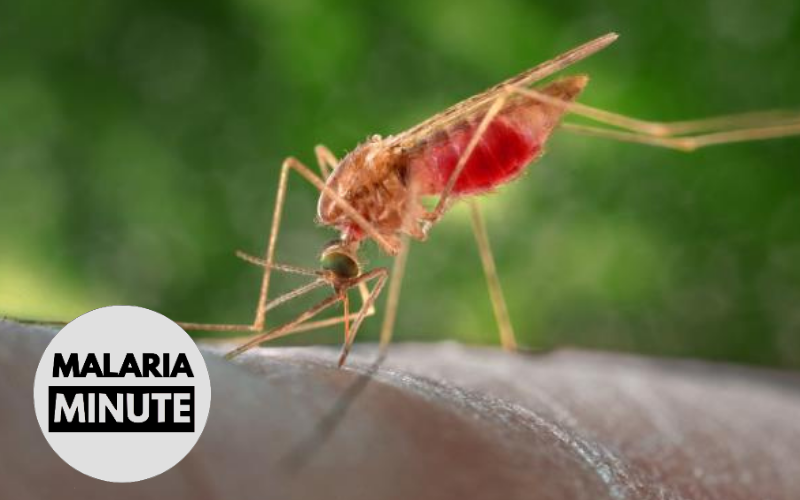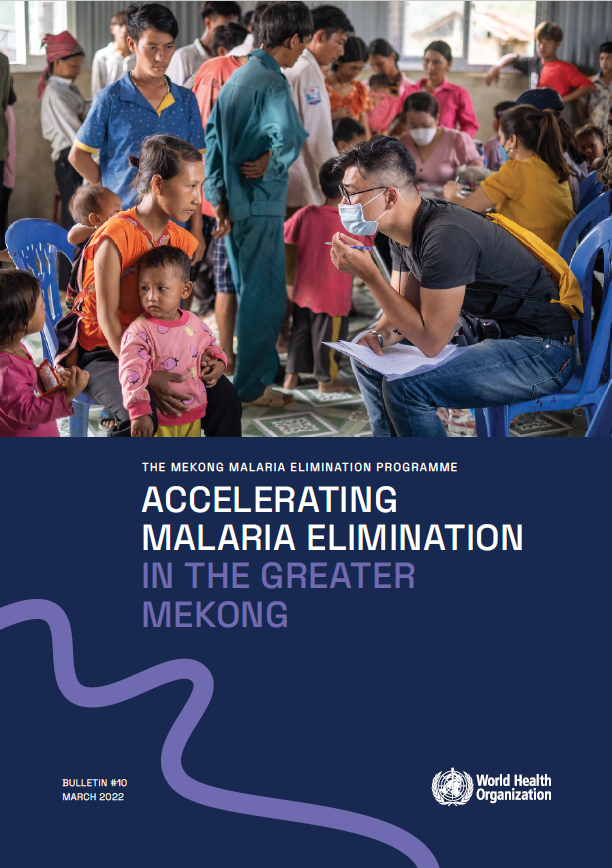Last Updated: 06/11/2023
Investigating host kinase modulation of erythrocyte deformability during Plasmodium falciparum invasion
Objectives
Using an integrated genetic, chemical genetic, and phosphoproteomics approach, this proposal seeks to investigate TRPM7, CKII, and Syk kinase contributions to RBC deformation during P. falciparum invasion, validate small molecule inhibitors targeting these kinases, and elucidate parasite stimuli and downstream effectors mediating host kinase signal transduction during P. falciparum invasion.
Malaria is a devastating disease caused by obligate intracellular Plasmodium parasites that infect millions of people every year: In 2017 alone, 219 million people were infected by the parasite and 435,000 people were killed. Every antimalarial deployed to date has been counteracted by cases of drug resistance, highlighting a desperate need for novel drug targets.Targeting host factors is an underexplored alternative approach to increasing barriers to drug resistance in malaria. This strategy has the potential to uncover targets required for multiple Plasmodium species due to overlaps in host requirements. Additionally, many Plasmodium host factors are already FDA approved drug targets, making a compelling case for drug repurposing. The red blood cell (RBC) is not a passive bystander during Plasmodium invasion; mounting evidence suggests the RBC host is co-opted into modifying its own deformability during parasite attachment & invasion to reduce the energy costs of parasite entry. These changes are driven by phosphorylation of the RBC cytoskeleton. Host RBC kinases TRPM7, Casein Kinase II (CKII), and Syk are FDA approved drug targets postulated to phosphorylate the RBC cytoskeleton during P. falciparum invasion. I hypothesize that Plasmodium signaling to the RBC cytoskeleton during merozoite invasion occurs through these kinases to modulate RBC deformability and facilitate parasite entry. My preliminary data indicates that P. falciparum invasion efficiency is compromised in individual RBC knockouts targeting TRPM7, CSNK2A1, and SYK kinases. If successful, these studies will uncover more about the basic biology of Plasmodium invasion, identify promising host targets for drug repurposing in blood stage malaria, and facilitate the development of broad spectrum antimalarial compounds with increased barriers to drug resistance. Finally, as many additional hematological disorders are affected by these kinases—including macrothrombocytopenia & arterial fibrosis (TRPM7), hereditary spherocytosis & Streptococcus-mediates hemolysis (Syk), and several hematological malignancies (CKII)—insights gleaned from these functional analyses will benefit both parasitology and hematology communities.
Jun 2020 — May 2022
$64,910


